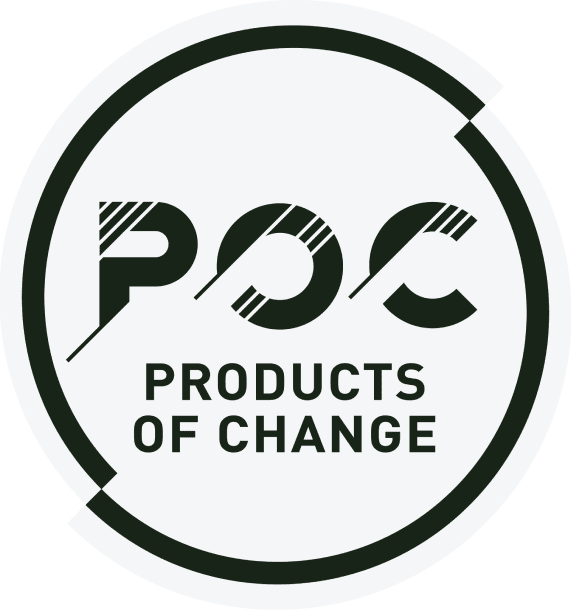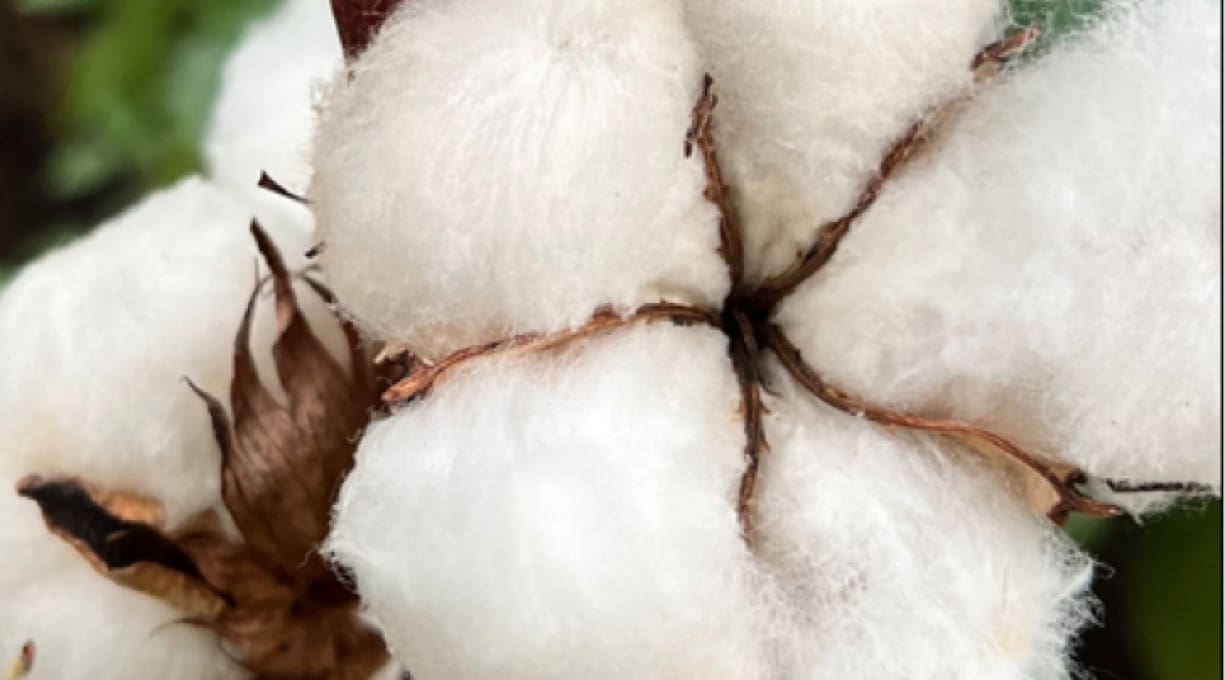Global fibre production has increased to a record 116 million tonnes in 2022 from around 112 million tonnes the year prior, despite calls and initiatives from across the global fashion sector for greater sustainability measures such as repair, reuse, and resale.
In the tenth edition of its annual Materials Market Report, the Textile Exchange predicts that fibre production will reach 147 million tonnes in 2030 should business continue on its current trajectory.
It highlights that while the percentage of natural fibres produced via programmes with sustainability elements slightly increased in 2022, including cotton (25% in 2021 to 27% in 2022) and wool (3% in 2021 to 4.3% in 2022), the production of virgin fossil-based synthetic fibres rose from 63 million tonnes to 67 million tonnes.
Polyester continues to be the most widely produced fibre globally, making up 54% of production in 2022.
Also uncovered is that following years of growth, the combined share of all recycled fibres slightly decreased from around 8.5% in 2021 to 7.9% in 2022. This was mainly due to a decrease in the market share of recycled polyester – 99% of which was made from plastic bottles – from 15% in 2021 down to 14% in 2022. Reasons for this decrease include the growing competition for PET bottles as feedstock along with the systematic challenges in scaling textile-to-textile recycling.
Less than 1% of the global fibre market came from pre- and post-consumer recycled textiles in 2022.
These findings illustrate a need to speed up the overall shift to fibres from preferred sources, to ‘double down’ on efforts to rapidly reduce the use of virgin fossil-based materials, and to invest in strategies that decouple value creation from the extraction of new materials overall.
“The Materials Market Report gives a snapshot of global raw material production, taking stock of where we stand as an industry today,” said Claire Bergkamp, ceo at Textile Exchange.
“As global leaders come together at COP28, this report only reinforces the urgent need to double down on our collective efforts to accelerate the adoption of production practices that support our planet, its ecosystems, and its communities while focusing internal investment on strategies that decouple value creation from the extraction of new materials overall.”





